India-Sri Lanka Relations and Sri Lanka's Ethnic Conflict: Documents, 1947-2000 (In 5 Volumes)
Synopsis
Sri Lanka has been in turmoil for most part of the half century of her existence as an independent nation. Two of her principal communities - the Sinhalese and the Tamils, trace their ancestry to India. The two religions - Hinduism and Buddhism followed by the respective communities have their roots in India. The third element in the melodrama, the Plantation Tamils, with their labour and sweat created the wealth that gave Sri Lanka a very high level of social development. After independence they came to be perceived as surrogate for Indian influence in the island and usurpers of economic opportunities, which otherwise were considered the exclusive preserve of the "sons of the soil". Essentially the problems that dominated relations between India and Sri Lanka during the five decades since their independence, were problems between Sri Lanka State and its citizens. Willy-nilly India got involved in them. In the case of Plantation Tamils, India initially maintained that it was a problem of persons who were not Indian Citizens. When this cut no ice, India felt compelled to accept a large part of them into India. In case of Sri Lanka Tamils, India got involved to palliate the emotional upsurge of sympathy among her own Tamils who claimed ties of ethnicity with their brethren across the Palk Strait. The projection of domestic politics in the domain of foreign relations and sit-in judgement on another country's domestic politics, brought into sharp focus the dichotomy in Indian thinking and finally proved disastrous. It also brought home to India succinctly the limitations of interventionist policies in today's world.
Read more
202.50
182.25
$
225.00 $
Free delivery Wolrdwidе in 10-18 days
Ships in 1-2 days from New Delhi
Membership for 1 Year $35.00
Get it now and save 10%
Get it now and save 10%
BECOME A MEMBER


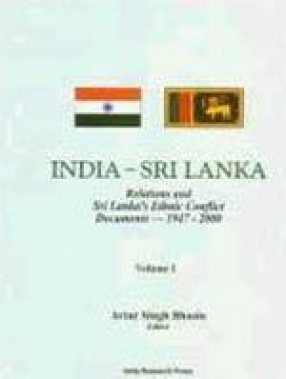
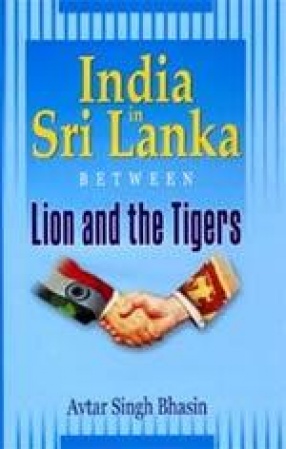
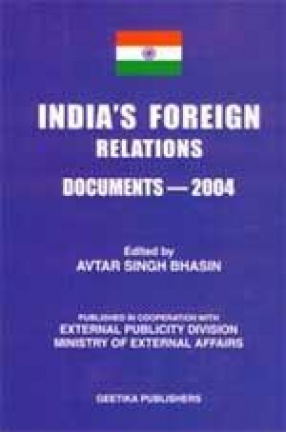

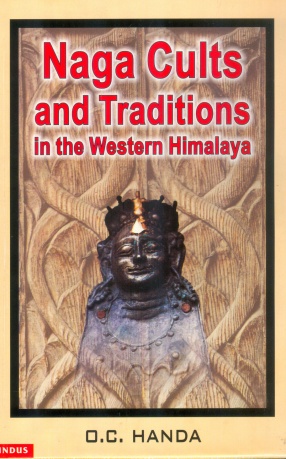
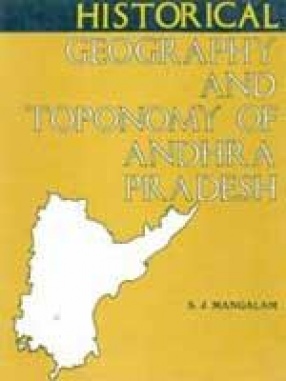
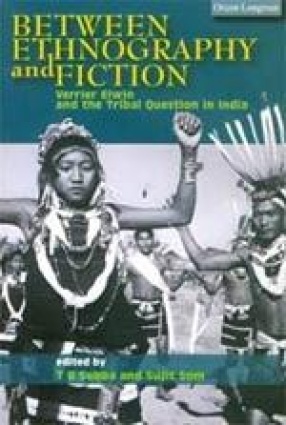

Bibliographic information
Tags